Search
Research
The Flourishing Child: Understanding how Adults and Children Perceive Flourishing from the Start of LifeThe current narrative surrounding children’s health and wellbeing often focuses on adversity and dysregulation with a lack of positive messaging. However, promoting protective and buffering factors may be as important as reducing adverse exposures. While the concept of flourishing is commonly applied in the context of adults, defining what flourishing means for children in current academic literature remains unclear.
Research
Cohort Profile: The ORIGINS pregnancy and birth cohortDesiree Dr Jackie Susan Lisa Zenobia Silva Davis Prescott Gibson Talati MBBS, FRACP, MPH, PhD BSc (Hons), PGradDipHlthProm, PhD MBBS BMedSci PhD
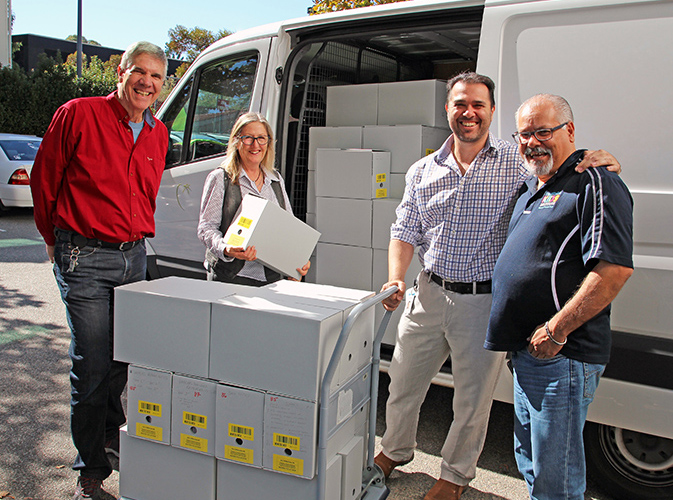
News & Events
WA Aboriginal Child Health Survey preserved for future generationsThe landmark Western Australian Aboriginal Child Health Survey has been placed into archiving at the State Library of Western Australia to be preserved for future generations.
Research
Influence of maternal and infant technology use and other family factors on infant developmentSteve Desiree Zubrick Silva FASSA, FAAMHS, MSc AM PhD MBBS, FRACP, MPH, PhD Honorary Emeritus Research Fellow Co-Director, ORIGINS 08 6319 1409
Research
Exploring Sugary Drink Consumption and Perceptions among Primary-School-Aged Children and Parents in AustraliaSugar-sweetened beverages (SSBs) account for a significant proportion of sugar in the diet of children and are directly associated with obesity in this group. While there have been many studies on adolescent SSB consumption, few studies have examined the predictors of SSB consumption in primary-school-aged children. The aim of this study was to understand the degree to which a child's consumption across a range of beverages is influenced by their own attitudes and by their parents' attitudes and parents' consumption behaviours.
Research
Urinary Ferritin as a Noninvasive Means of Assessing Iron Status in Young ChildrenIron deficiency (ID) is the most common nutritional deficiency affecting young children. Serum ferritin concentration is the preferred biomarker for measuring iron status because it reflects iron stores; however, blood collection can be distressing for young children and can be logistically difficult. A noninvasive means to measure iron status would be attractive to either diagnose or screen for ID in young children.
Research
The impact a Mediterranean Diet in the third trimester of pregnancy has on neonatal body fat percentageMaternal diet during pregnancy has long been recognised as an important determinant of neonatal outcomes and child development. Infant body composition is a potentially modifiable risk factor for predicting future health and metabolic disease.
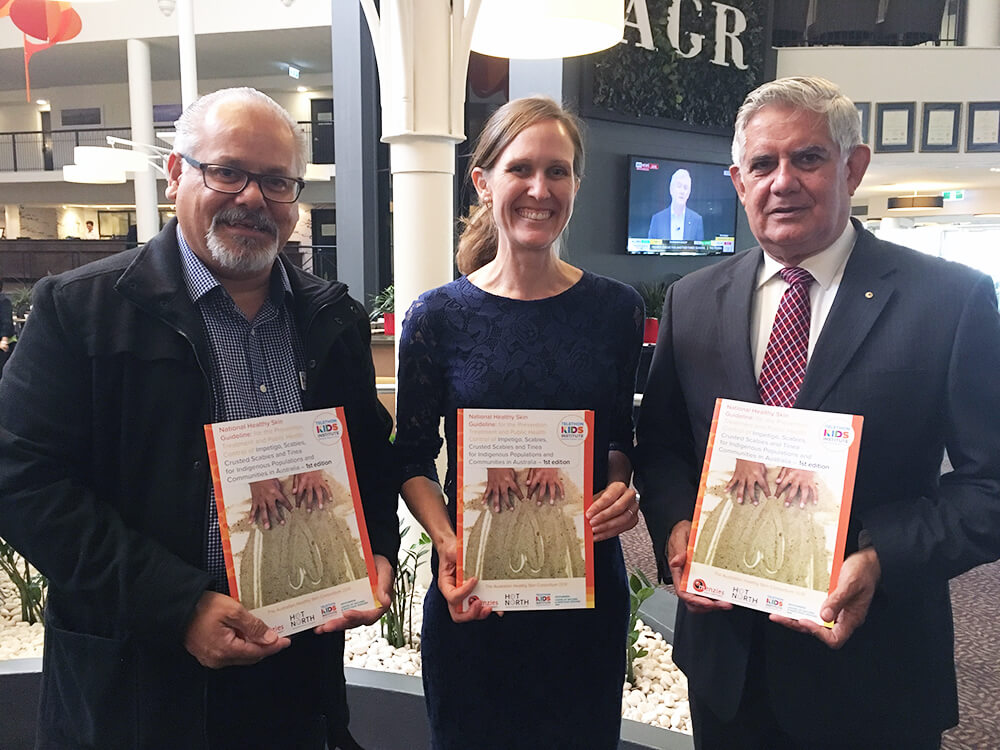
News & Events
National guideline to tackle record rates of skin infectionResearchers have developed the first National Healthy Skin Guideline to address record rates of skin infections in Australia’s Indigenous communities.
Research
“Coronavirus Changed the Rules on Everything”: Parent Perspectives on How the COVID‐19 Pandemic Influenced Family Routines, Relationships and Technology Use in Families with InfantsThis study explores how the first wave of the COVID‐19 pandemic influenced family routines, relationships and technology use (smartphones and tablet computers) among families with infants. Infancy is known to be an important period for attachment security and future child development, and a time of being susceptible to changes within and outside of the family unit.
Research
Earth dreams: Reimagining ARPA for health of people, places and planetBold new approaches are urgently needed to overcome global health challenges. The proposed Advanced Research Projects Agency for Health (ARPA-H) is intended to provide rapid health breakthroughs.
Research
“Coronavirus Changed the Rules on Everything”: Parent Perspectives on How the COVID‐19 Pandemic Influenced Family Routines, Relationships and Technology Use in Families with InfantsThis study explores how the first wave of the COVID‐19 pandemic influenced family routines, relationships and technology use (smartphones and tablet computers) among families with infants. Infancy is known to be an important period for attachment security and future child development, and a time of being susceptible to changes within and outside of the family unit.
Research
Comparison of experiences in two birth cohorts comprising young families with children under four years during the initial Covid-19 lockdown in Australia and the UK: A qualitative studyThis study aims to understand the experience and impact of the initial COVID-19 lock-down in young families with children aged below 4 years. Free text questions were administered to participants in the ORIGINS (Australia) and Born in Bradford (UK) cohort studies to collect qualitative information on worries, concerns and enjoyable experiences during the pandemic.
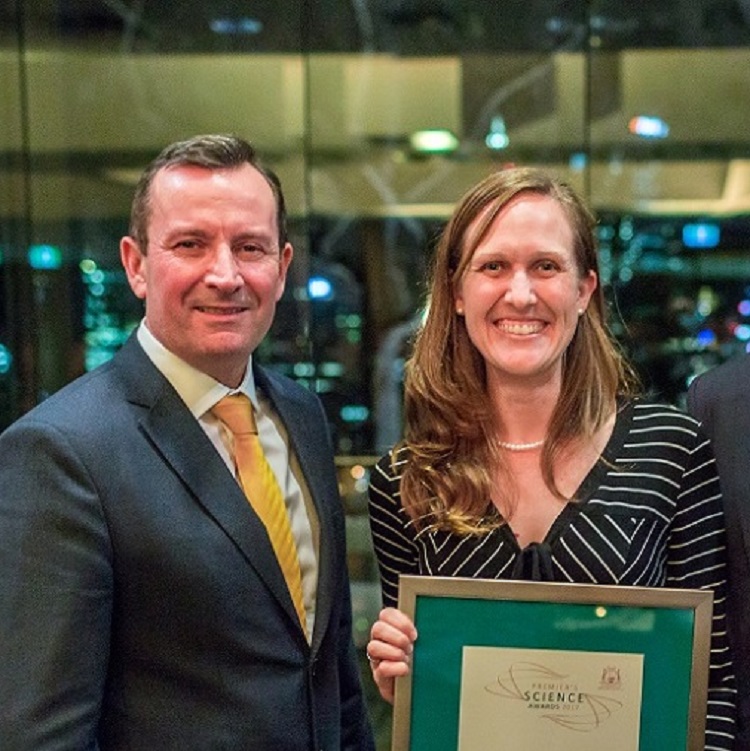
News & Events
The Kids Research Institute Australia researcher wins Premier’s Science AwardInfectious diseases researcher, Dr Asha Bowen, has won the Early Career Scientist of the Year Premier's Science Award for 2017.
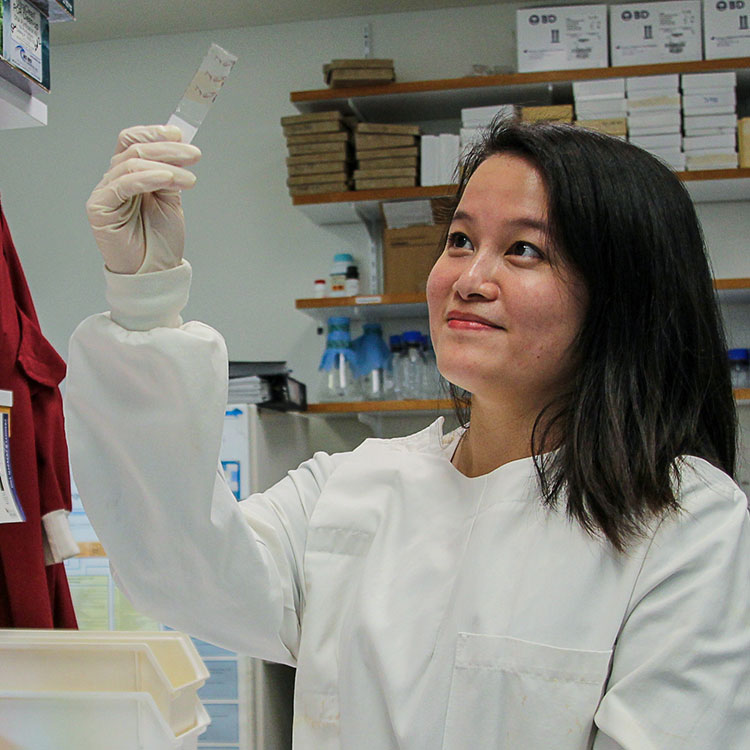
News & Events
State Government boost for The Kids researchThe Kids Research Institute Australia researchers have been awarded five of eight State Government awards designed to help cover the hidden costs of conducting research.
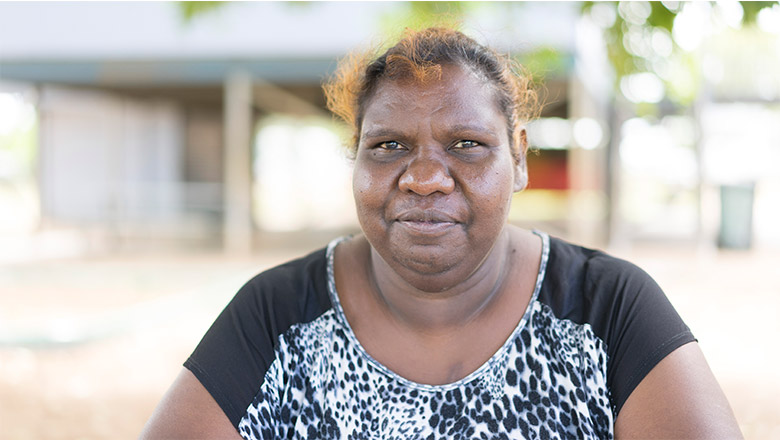
News & Events
New grant to upskill local Aboriginal women as community health researchersAboriginal women in Western Australia's Kimberley region will be become qualified as community health researchers thanks to a grant awarded to The Kids.
